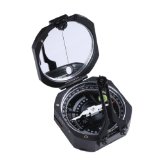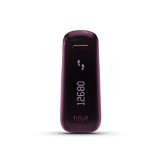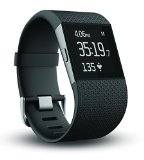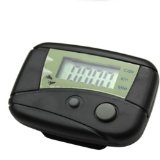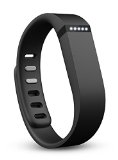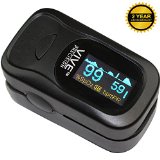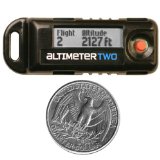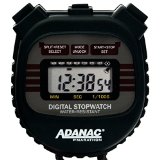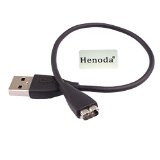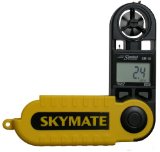Parameters:
Damping time of needle : 15s
Dial scale : 1°
Precision of long air level : 15´± 5´/2mm(20℃)
Precision of circle air level : 30´± 5´/2mm(20℃)
List of items:
A geological compass
A holster
An English manual
Product details:
Length : 80mm
Height : 35mm
Width : 70mm
N.W. : 0.24kg
Package details:
Length :130mm
Height : 100mm
Width : 80mm
VWK : 0.21kg(length*width*height/5000)
G.W. : 0.5kg
Geomag FAQ:
-5c.What happens to my compass in the southern hemisphere?
For a compass to work properly, the compass needle must be free to rotate and align with the magnetic field. The difference between compasses designed to work in the northern and southern hemispheres is simply the location of the “balance”, a weight placed on the needle to ensure it remains in a horizontal plane and hence free to rotate. In the northern hemisphere, the magnetic field dips down into the Earth so the compass needle has a weight on the south end of the needle to keep the needle in the horizontal plane. In the southern hemisphere, the weight needs to be on the north end of the needle. If you did not change the weight, the needle would not rotate freely, and hence would not work properly.
Note: in order to make normal use of DQL-8 in the Southern Hemisphere.The geological compass copper circle on the North, rather than you see in the picture on the South.
Magnetic Declination:
Magnetic declination, sometimes called magnetic variation, is the angle between magnetic north and true north. Declination is considered positive east of true north and negative when west.

